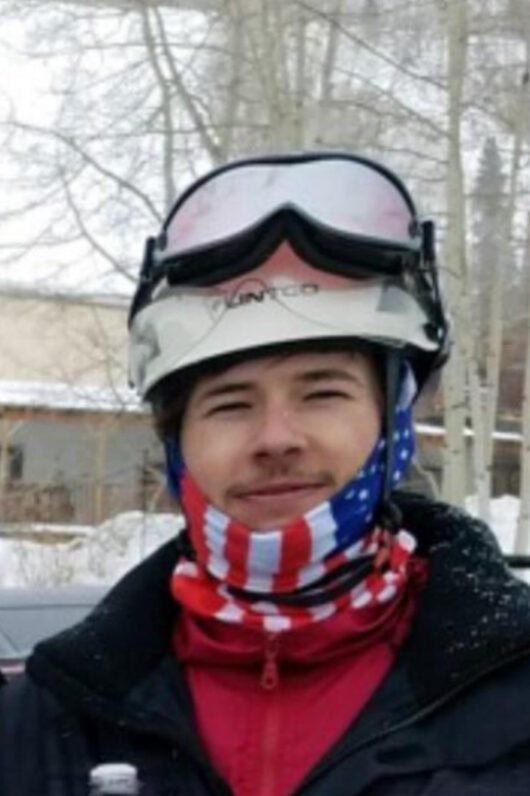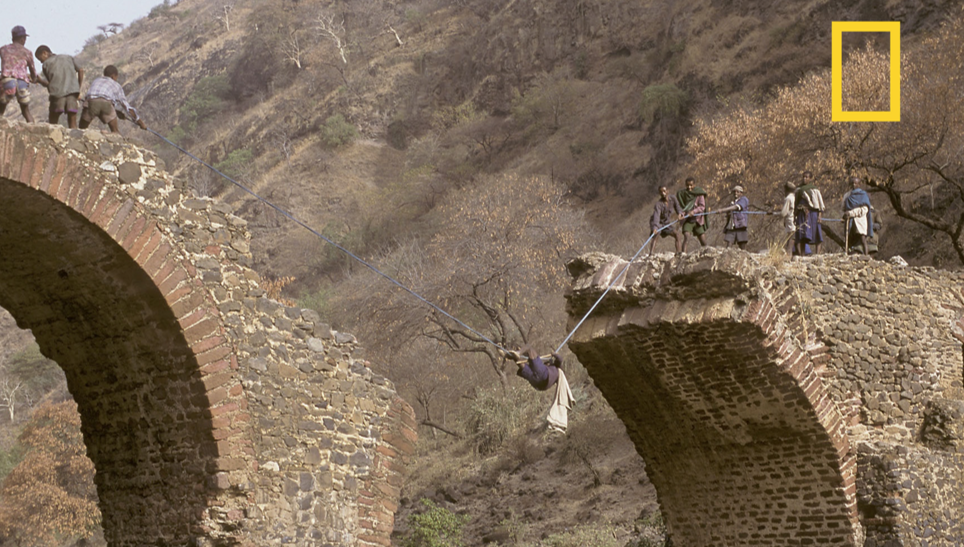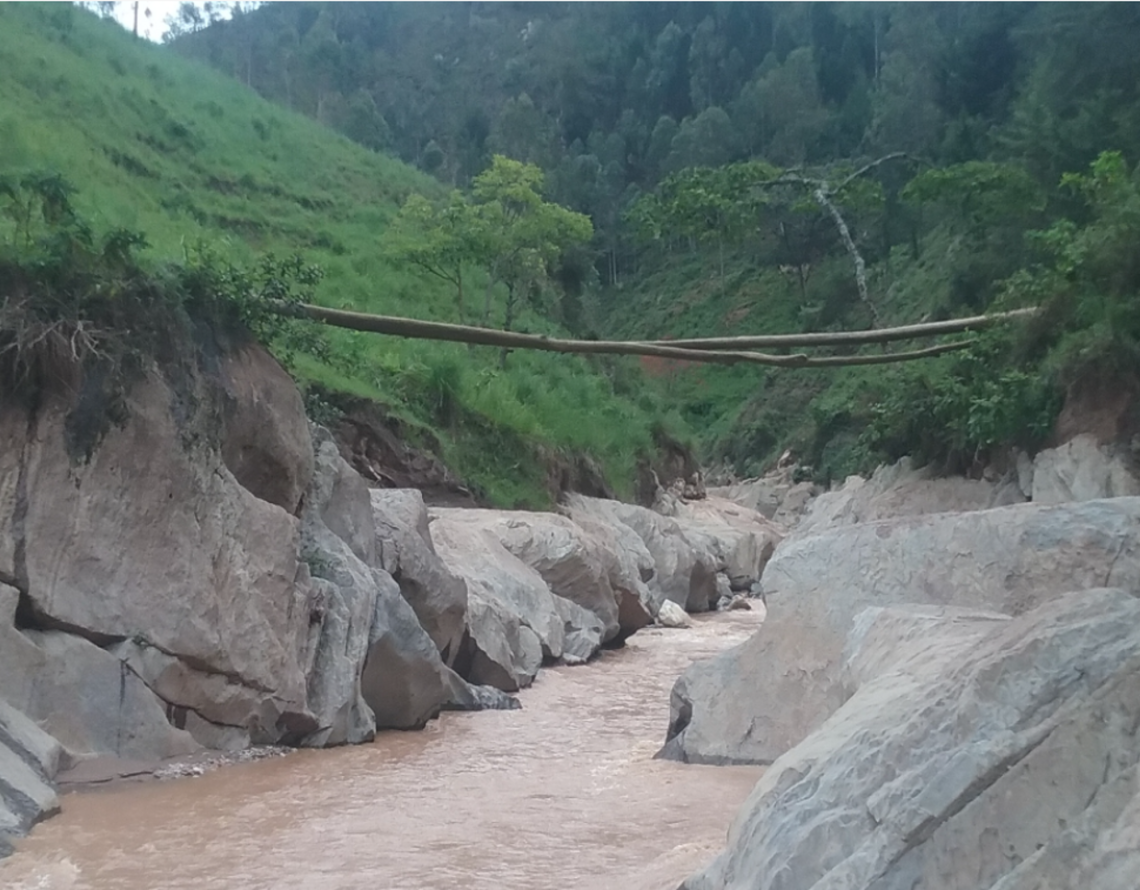A Team of Flintco Volunteers are Traveling to Africa on a Bridge Building Mission
Mucyabahinja, Rwanda | February 17th – March 6th 2022
Our Bridges to Prosperity team arrived home safely! During their two-week mission, Communications Lead Burgundi Willyard shared a daily journal entry and photos from the team. Read about the team’s journey below. Enjoy!
A Flintco Daily Journal
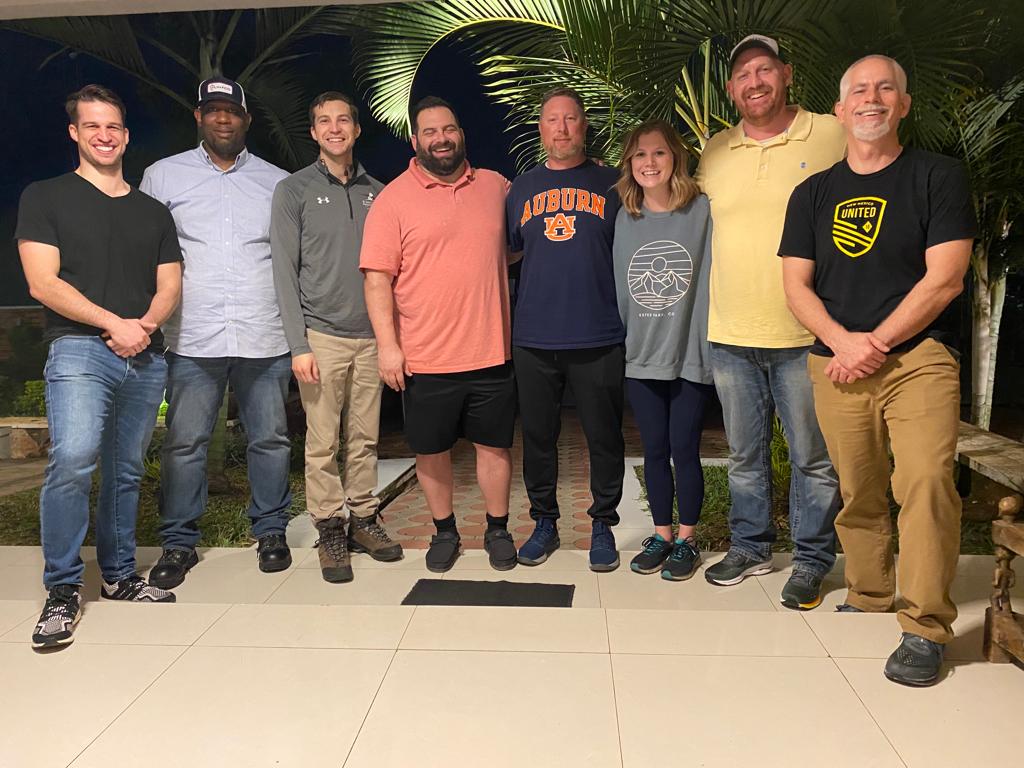
Day 1, 2/18
Friday, February 18, 2022
Happy to report that the majority of the team has arrived safely in Kigali, Rwanda! The last of the team is scheduled to arrive tomorrow — Kelsey Rollings and Nick Reetz — so continued well wishes for them as they travel for the next 20-24 hours! Once the team landed, they collected their visas and received COVID tests (all negative). From the airport, they took taxis to their hotel (The Nest), for a couple of days. Traffic in the city is crowded and quick but they arrived safely!
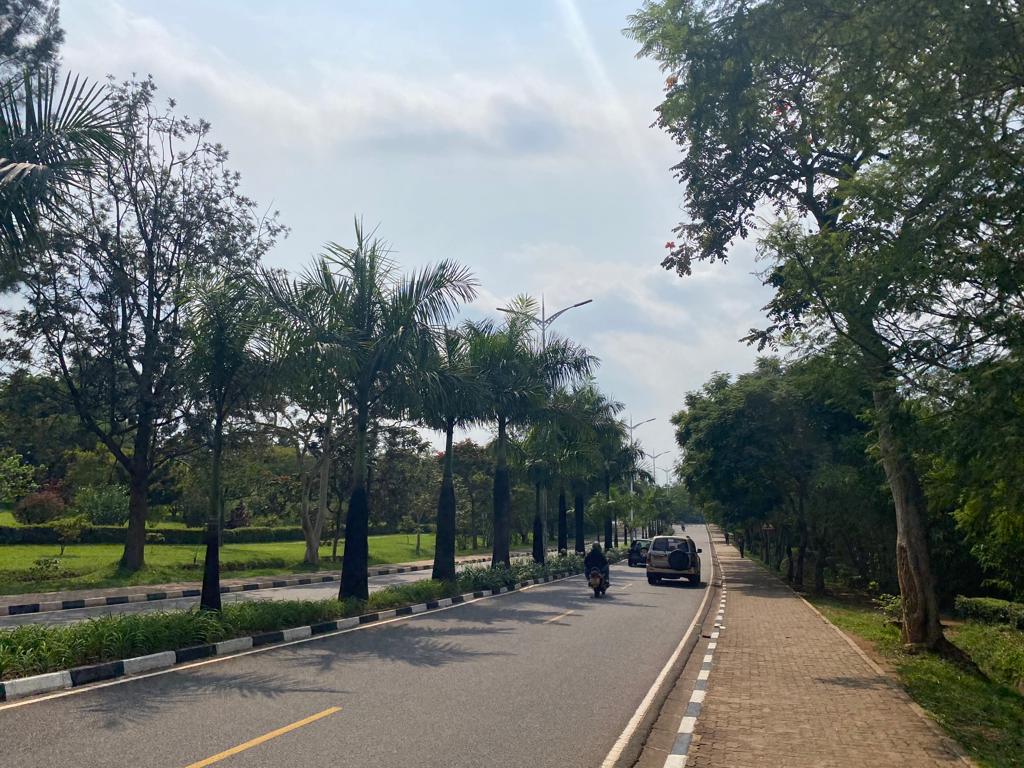
Day 2, 2/19
Saturday, February 19, 2022
The rest of the team, Kelsey Rollings and Nick Reetz arrived safely! Today the Flintco B2P team visited the Kigali Genocide Memorial, created to remember victims of the genocide in 1994. The memorial promotes peace and a bright future, dismissing revenge, and encouraging a sense of community. After the memorial tour, and lunch, locals approached offering to sell their art and began making conversation as the team walked back to The Nest. Everyone they have encountered has been incredibly kind and polite! The team had dinner with B2P East Africa Corporate Program Manager Mariale Rodriguez and B2P Corporate Coordinator Arnold Gugingo at a favorite restaurant, Kurry Kingdom. The food was fantastic!
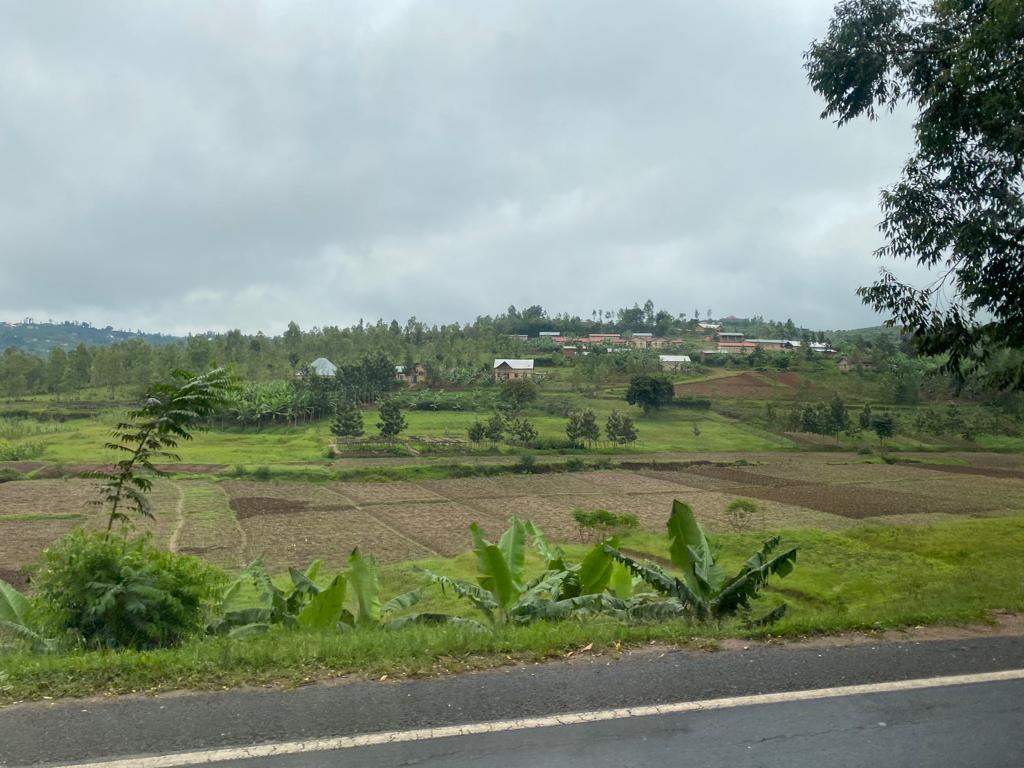
Day 3, 2/20
Sunday, February 20, 2022
Today the team had an early morning with breakfast at 6 AM and meeting with the drivers for our trip to Giseke! After breakfast, they headed out to the market to gather supplies for the next two weeks. The market was small but well stocked and they got all their essential items. Anything they have left at the end of the project, will be donated to the community. The 3-hour drive was filled with beautiful scenery. Many children lined the streets and would wave as they drove by! They made it to their homes in the village around 5PM. They were greeted by Mudugudu, the village leader, who welcomed them, thanked them for building the bridge and hopes they return again. Everyone feels very welcomed and is excited to get started building on Monday!
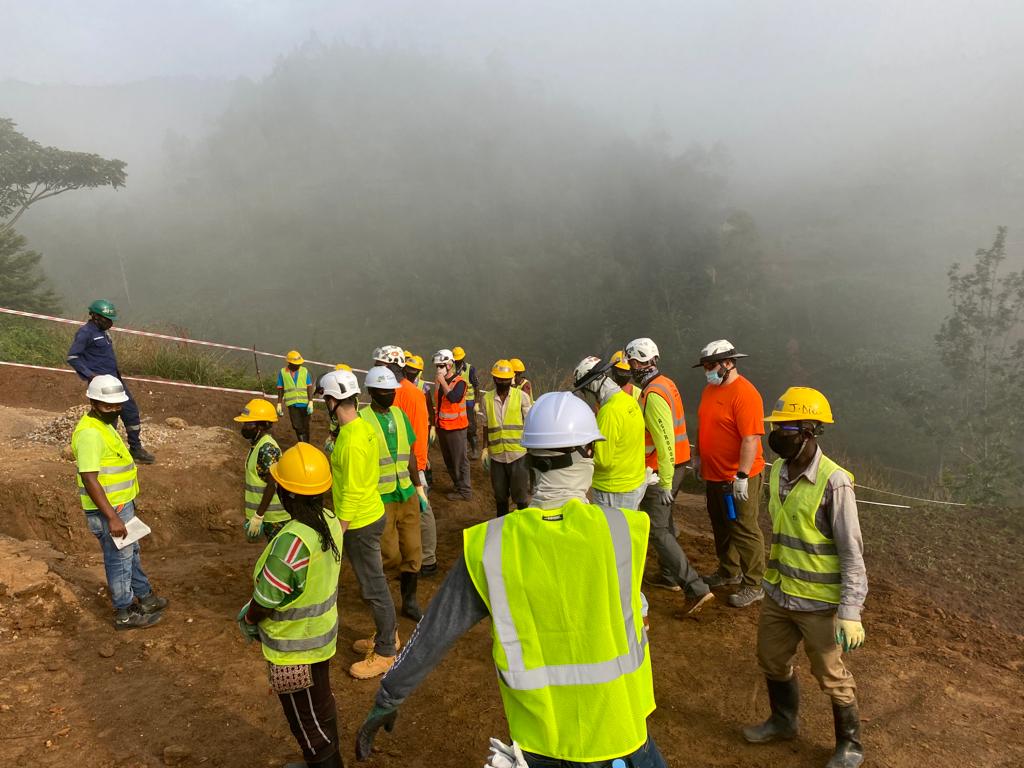
Day 4, 2/21
Monday, February 21, 2022
It’s a 20-minute drive and then a 10-minute hike from where they are staying in Giseke to the site. The team started the day with a huddle that included the community. They discussed the day’s task plan and then performed stretch & flex. After completing pre-task plans (PTPs), everyone started work! Some of the team began clamping cables together while others checked that bolts would fit in the pre-drilled runners. The day’s work took a lot of people pulling cables, running rebar through runners, painting steel, and moving large rocks. They completed pulling the top cables today and will do the bottom cables first thing tomorrow. They are on schedule and met their goals for the day. The team had many other community members, including students, walk by the bridge and stop to observe them. The community members who are helping with construction are incredibly hardworking and helpful! The team showed members how to use tools they weren’t accustomed to like a socket set; more than $12,000 in tools were donated by Flintco trade partner White Cap out of their Oklahoma City office. Thank you! They are leaving the tools behind for use by the community when the bridge is complete.
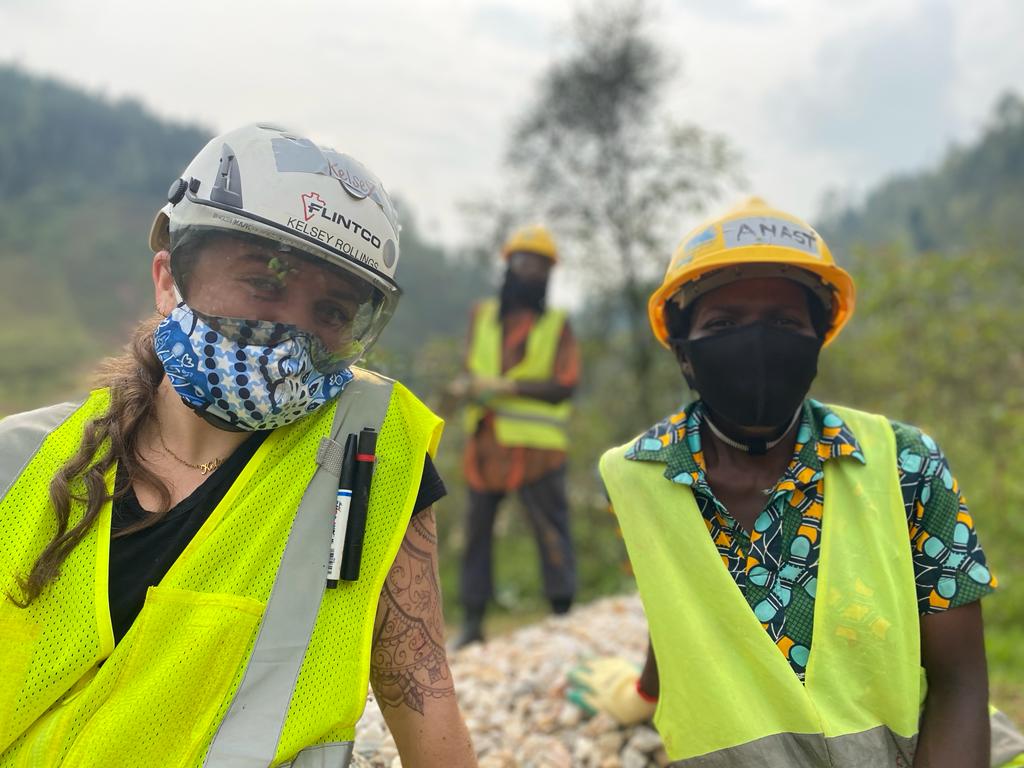
Day 5, 2/22
Tuesday, February 22, 2022
The B2P team works hand-in-hand with the local Giseke community to move rocks from various staging points on the project site, an effort anticipated to take several days. The team’s current average is 18 RPMs (rocks per minute)! Some of the team continued torquing the bolts for the Crosby clips on the cables, while others broke for lunch on site, and then mandatory COVID tests. All Flintco members tested NEGATIVE for COVID and were cleared to proceed with work! The team is forming relationships with community members. A local woman named Anast — asked for a photo with Kelsey Rollings during today’s break. The team looks forward to continuing working and building relationships as the project progresses!
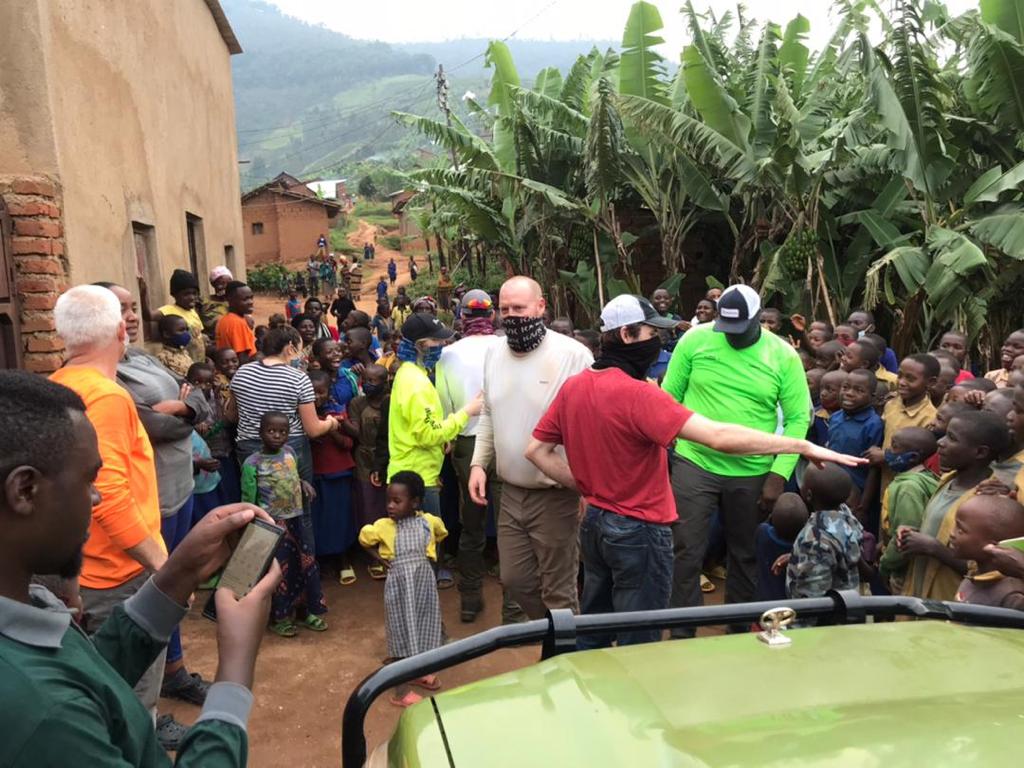
Day 6, 2/23
Wednesday, February 23, 2022
Today was very productive and the team is making many “inshuti” (friends)! More of the community is showing interest in the project, with many locals sitting on the hillsides watching us work. Julian Steer and Nick Reetz made conversation with those watching once they were close to wrapping up work for the day. The Flintco Team was welcomed as usual by the community after returning home with a request for an informal meet and greet. It’s been an amazing experience! The team broke into four groups. Team 1 relocated runners across the river, which included a quarter-mile walk up and down steep slopes on either side. Team 2 started painting columns the colors of the Rwandan flag. Team 3 finished placing U-bolts around the rebar that runs through the runners, and Team 4 installed the remaining cable clamps on the main bridge cables. Relocation of the runners was completed well before lunch – a huge milestone for the team!
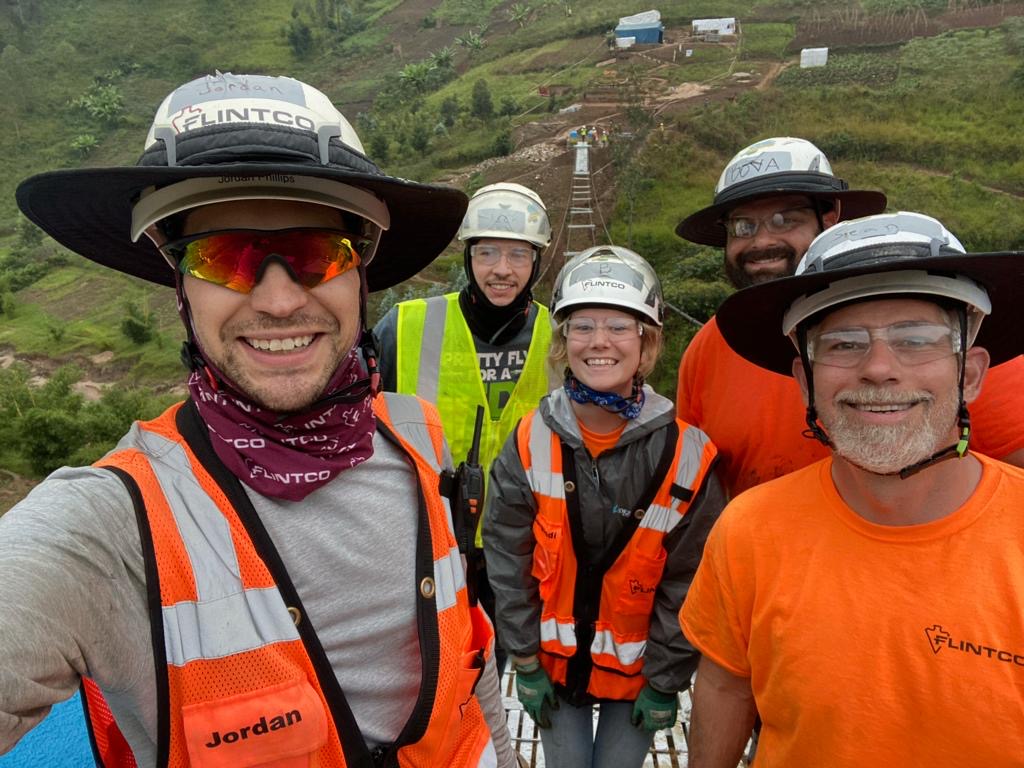
Day 7, 2/24
Thursday, February 24, 2022
Today the team's goal was to start the decking and backfill the far side of the bridge. First, they had a tutorial on how to place the decking, then were split into two teams of 3 to start decking on both sides of the bridge. The remaining 3 team members relocated rocks so they could backfill in the afternoon. A rain delay prevented work for a couple of hours, but some community members continued work. When the skies cleared, everyone started moving rocks and sand and resumed the decking installation. Thanks to a huge contribution from the community, the team met all their goals today! Everyone is excited to share their knowledge and continue to build relationships as the community continues to assist them!
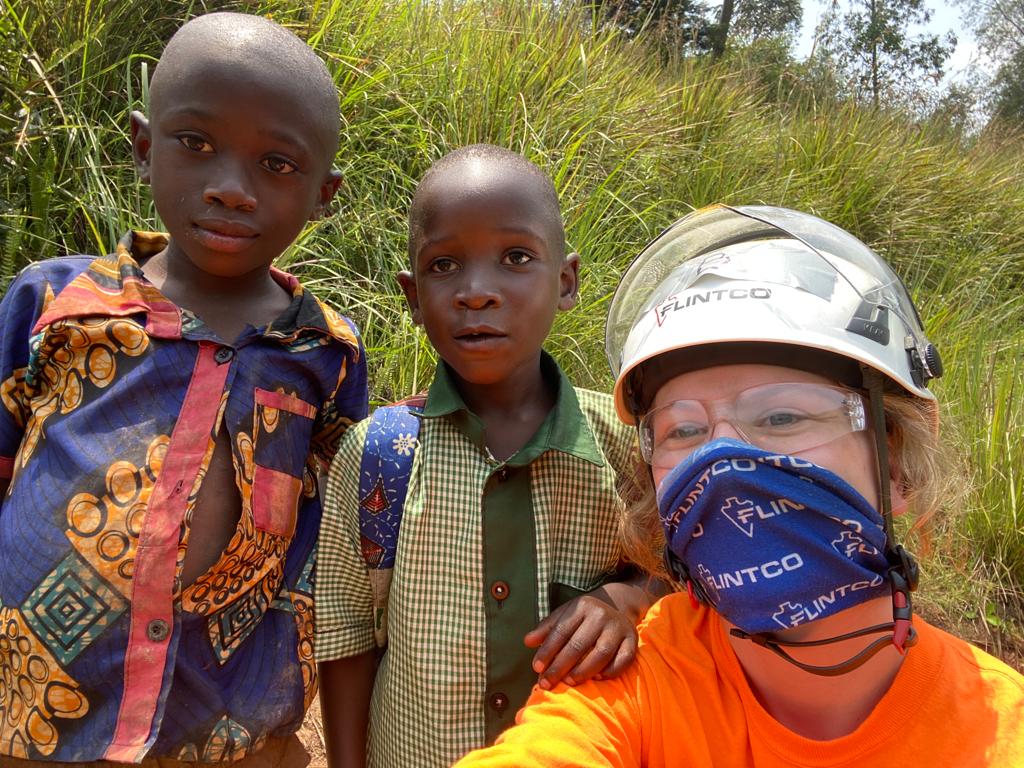
Day 8, 2/25
Friday, February 25, 2022
The team is happy to report they met their goals and are ahead of schedule! They successfully finished decking and the concrete on the far side of the bridge before the day ended. The community continued to help by mixing and pouring concrete on the far side of the bridge to help complete their tasks. The B2P team also began torquing the bolts on the decking (75 % complete) and adding a nut to the U-bolts (90% complete). The community inspires them every day with their efforts! They are so thankful they get to work hand-in-hand with such outstanding individuals. Today the team was also blessed to be greeted by a few children — Sean and Nick received hugs! — who were curious about my camera and loved seeing themselves in pictures. It was heartwarming to know they will be using this bridge long after we are gone — it’s incredible to see how excited they are! The team’s spirits are high and can’t wait to finish strong next week!
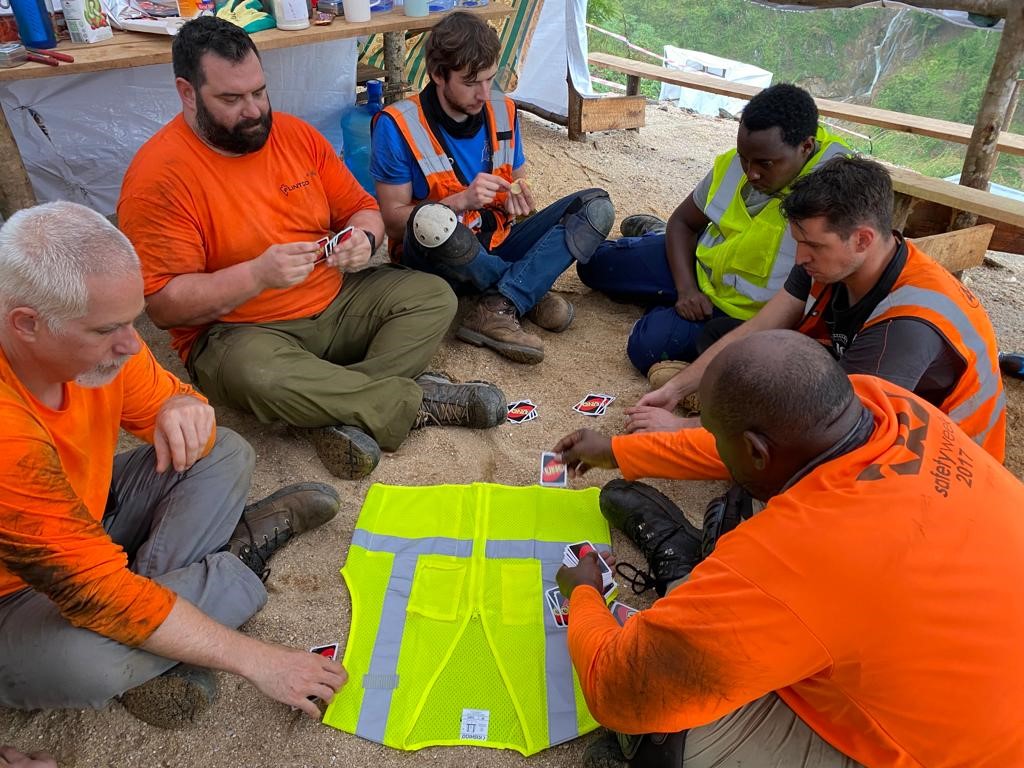
Day 11, 2/28
Monday, February 28, 2022
The end of the project is in sight! The final bolts on the Crosby clips were torqued to the required 489 Newton meters (N•m) and cables cut. The bridge required 1032 bolts that run through the decking along with 174 U-bolts with 696 nuts. After a rain delay, the team stretched fencing across the bridge and intend to finish tying the fence to the bridge tomorrow. The community put tar on the cables and backfilled the final hole. The team was back in work mode after a weekend of much needed rest and look forward to finishing strong!
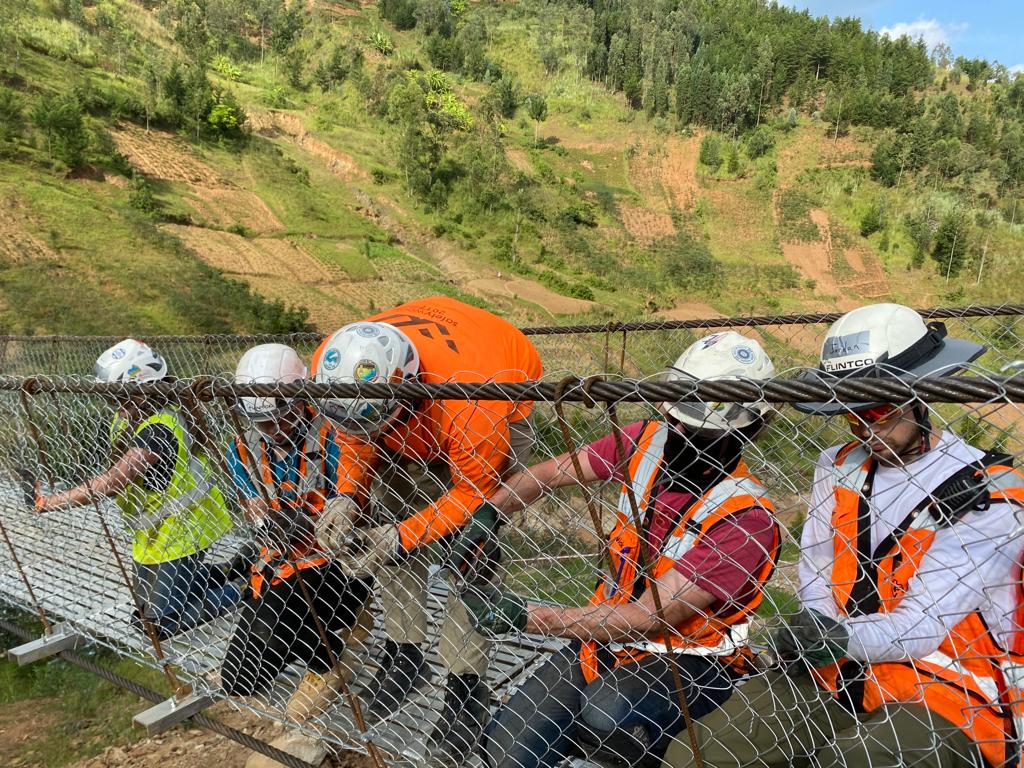
Day 12, 3/1
Tuesday, March 1, 2022
Today was sunny and warm, and the team made the most of the weather. The work is tedious and hard on the hands – tying the fencing to the cable and rebar – but with a lot of teamwork the bridge remains ahead of schedule. The community helped by placing and finishing concrete on the near side of the bridge. The team is visiting the local school tomorrow to meet students who will use the bridge! Thursday, the community will put the finishing touches on the bridge. It has been a hard 13 days away from home filled with difficult work, but our Flintco team is in high spirits and cannot wait to see the bridge complete!
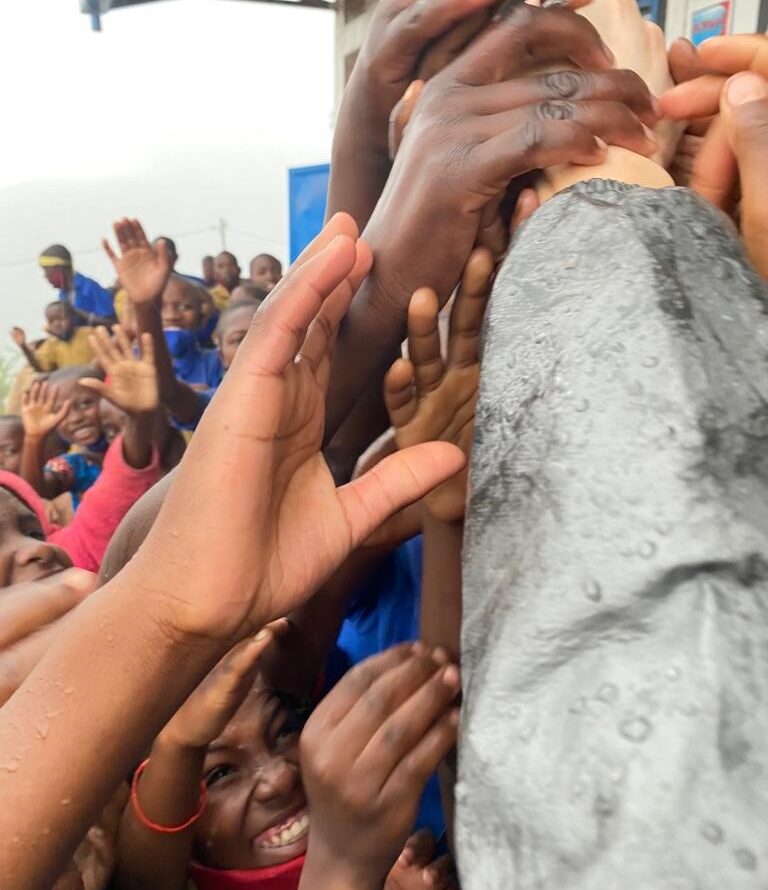
Day 13, 3/2
Wednesday, March 2, 2022
Amazing, beautiful, impactful, inspiring, and joyous are some words the team used to describe their day after visiting the local school, which has over 1,000 students. The students prepared songs and dances with the team joining in the fun! The students were so happy with the visit and proud to share their talents. The team donated soccer balls and jump ropes. One boy challenged Julian Steer with impressive soccer footwork! Today was easily the team’s favorite day. Friday is inauguration day to celebrate the completion of the bridge with the community!
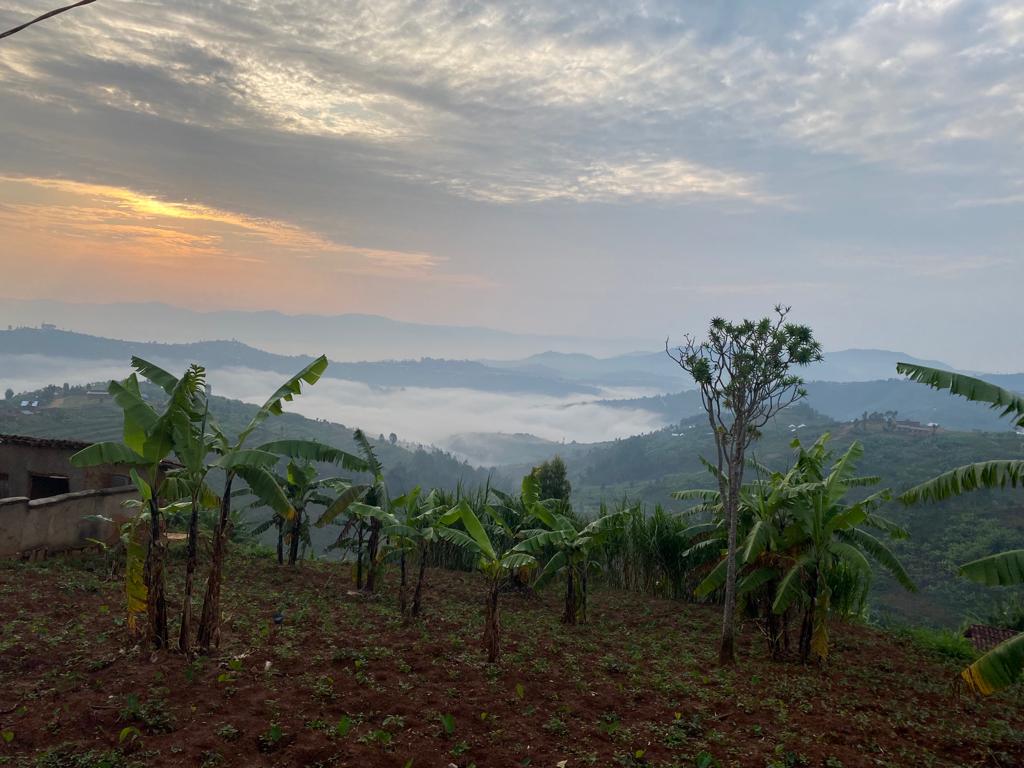
Day 14, 3/3
Thursday, March 3, 2022
Today the team traveled to Kigali to get their COVID tests in preparation for their travel home. The community members put the final touches on the bridge and tomorrow is the inauguration. Our team and the community members have been working hard and can’t wait to celebrate the completion of the bridge!

Day 15, 3/4
Friday, March 4, 2022
After a rewarding two weeks of early mornings, long afternoons, extreme heat, and battling tumultuous rains, the bridge is complete! The team ventured back up the winding mountain roads today on a seven hour round trip to attend the inauguration of the bridge. They participated in the rituals with the local heads of government to dedicate the bridge to the community, which was something that the team will cherish. It was a bittersweet moment as they all hiked out of the valley for the last time. Witnessing the testimonials from locals of how the bridge will impact the community was incredibly moving. “I will positively contribute to our culture and community.”
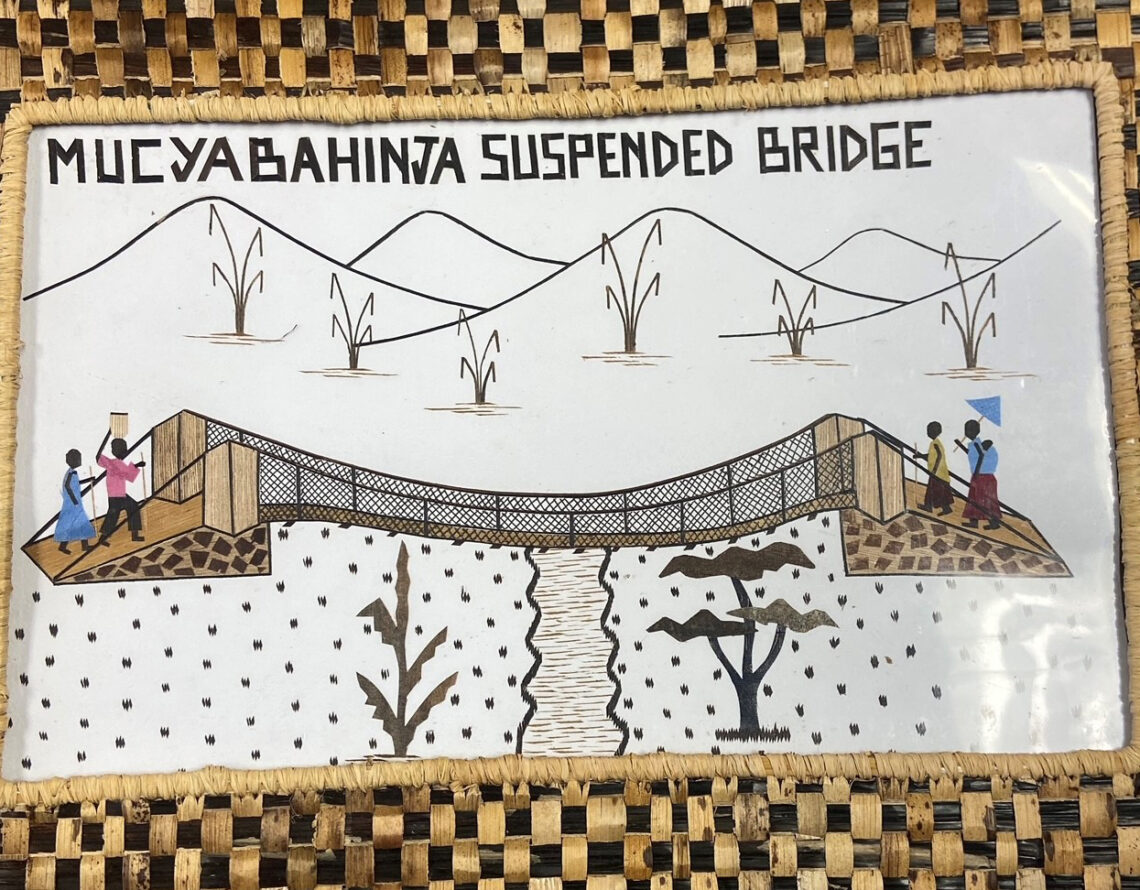
Welcome Back!
Thursday, March 10, 2022
We are happy to announce the Flintco B2P team has made it home safely! The image is of a gift we received at the inauguration of the bridge. On average 10 people were dying each year trying to cross the Muhembe River. Some of these victims were kids trying to get to and from school each day. Flintco physically put into play the portion of our Ethos that states: “… positively contribute to our culture and community.” It was a high honor and privilege for the team to participate. Many thanks to the friends, family, and Flintco colleagues for your support.
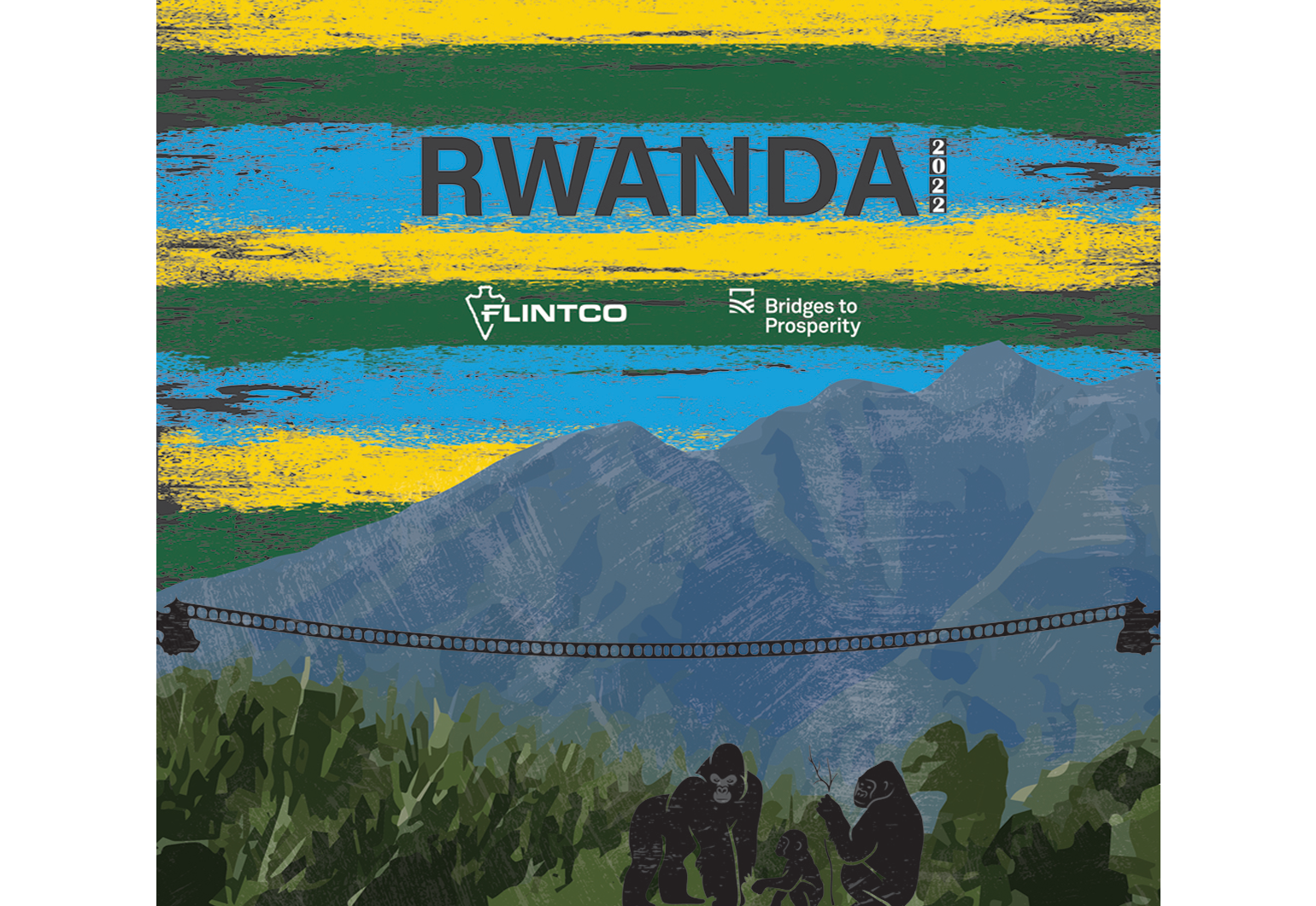
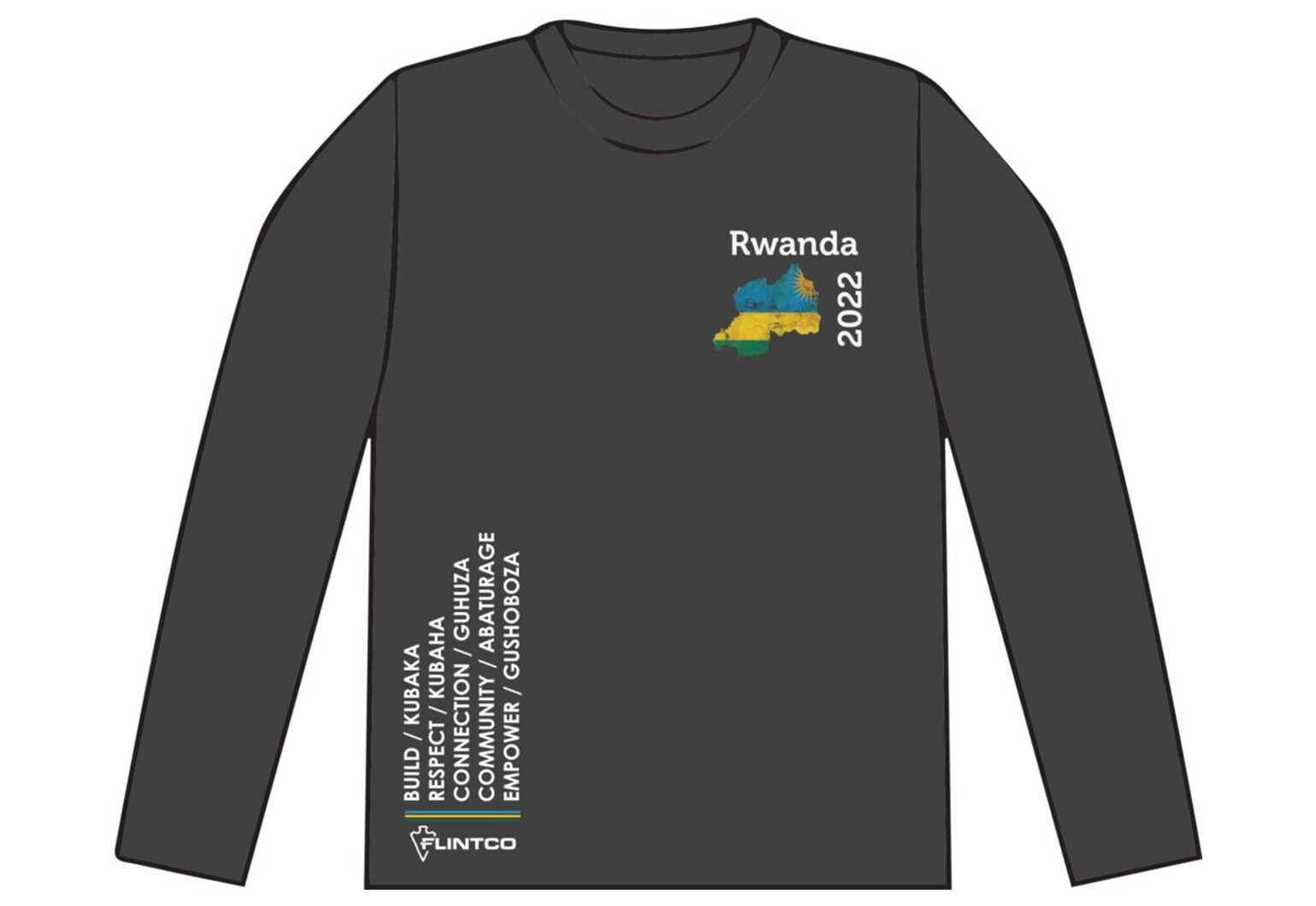
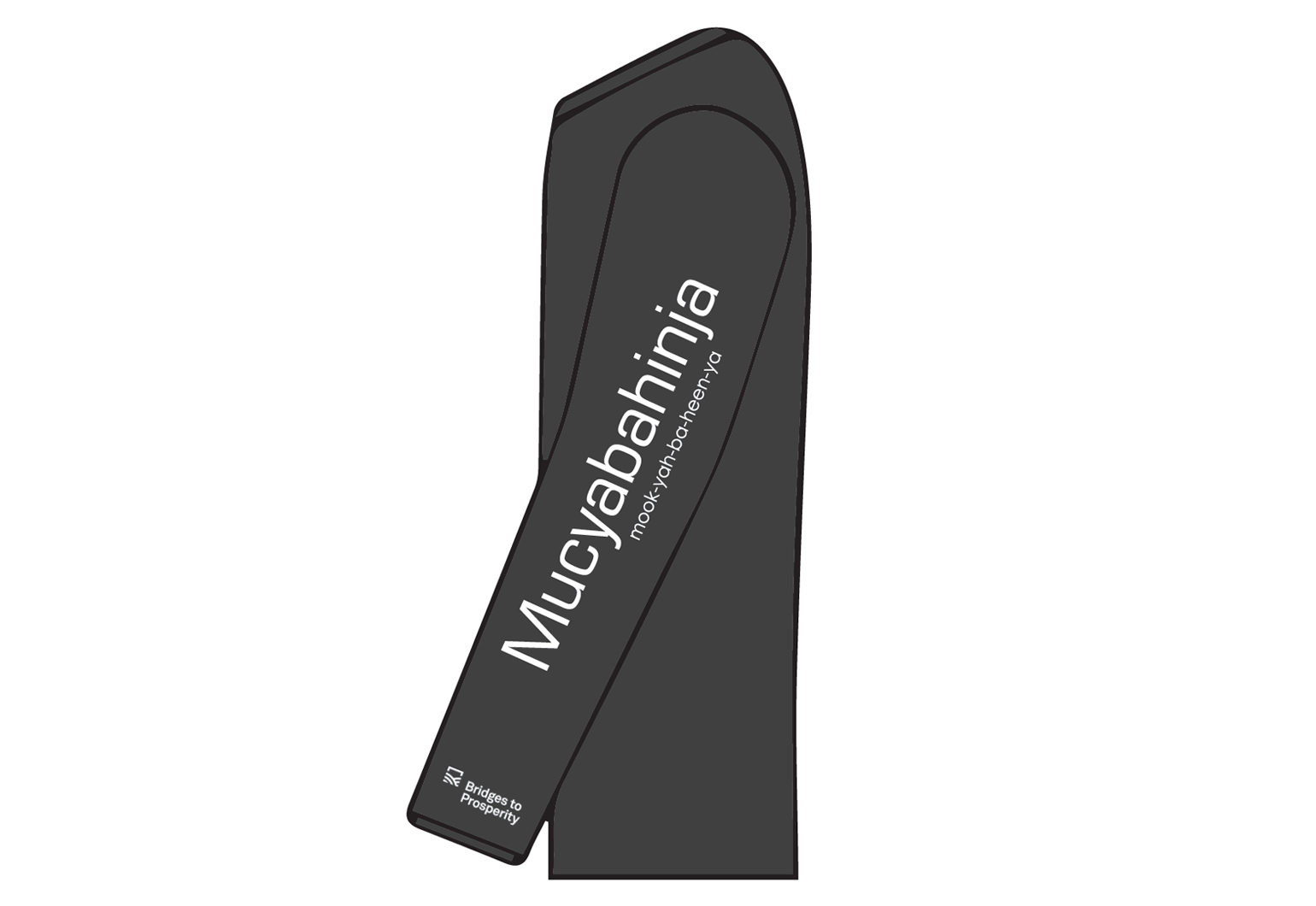
The slide show above shows a design created by Flintco’s Denver Marketing Manager Michelle Koca for a bandana and a t-shirt we produced for the Flintco team and our Rwandan B2P partners.

A bridge is something most of us take for granted. But nearly 1 billion people around the world don’t have safe access to critical resources like health care, education, or employment due to an impassable river.
To help change that equation, Flintco is partnering with Bridges to Prosperity (B2P), an international nonprofit dedicated to building bridges in isolated communities around the world. In February 2022, 10 volunteer employees from Flintco are traveling for a two-week build in a rural Rwandan community within East-central Africa to complete a badly needed suspension bridge.
We are excited to announce that we have exceeded our B2P fundraising goal of $12,500 by raising $12,842. Thank you to everyone who contributed! If you still feel led to donate, your contributions will continue to be impactful by providing resources for future B2P projects. You can help by making your contribution to the campaign fund here.
The inspiration for Bridges to Prosperity (B2P) came in the form of a picture in National Geographic. The image here is of the nearly 400-year-old Sebara Dildiy — which means "broken bridge" in Amharic, Ethiopia's national language — along the Blue Nile river. The bridge’s center span had been missing for decades when the founders of B2P saw the image in 2001 and decided to do something about it. Read more about this amazing organization and the story behind the inspiration by clicking on the button below.
The current makeshift bridge that serves the village of Mucyabahinja, Rwanda in East central Africa is life threatening and nearly impassable.






